Board of Directors
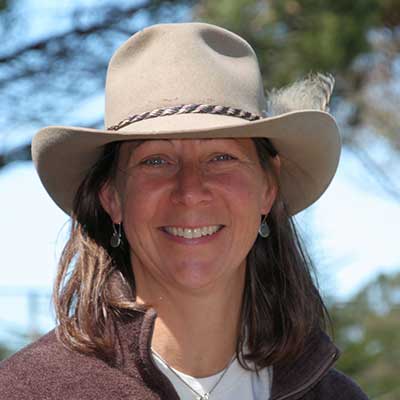
Wendy Millet
Wendy Millet, Vice Chair
TomKat Ranch, CA
Wendy Millet is the Ranch Director of TomKat Ranch, TomKat Ranch Educational Foundation and LeftCoast Grassfed. For more than twenty years, Wendy has worked to bridge a love of conservation and working landscapes with practical economic solutions and effective partnerships.
In addition to working for several years on cattle and dude ranches in Wyoming and Montana, she ran a local land trust, worked for a timber investment company, developed programs for an environmental economics research foundation, led education and leadership programs for the Stanford Woods Institute for the Environment, and spent 12 years at The Nature Conservancy working with farmers, ranchers, and timberland owners to protect and restore ranches, rivers and forests. Her efforts to share best practices led to work on several publications including: Land Use in America (Island Press), A Place-Based Partnership Manual (The Nature Conservancy of California) and Preserving California’s Natural Heritage: A Guide to Land and Water Conservation (California Resources Agency).
Wendy holds a B.A. in Literature from Harvard. She studied Environmental Economics at the University of Washington and Environmental Planning at University of Virginia. She serves on the board of the California Council of Land Trusts, the Farmland Advisory Committee for Peninsula Open Space Trust, and the Board of Councilors of Save the Redwoods League. She is also co-founder of Gallop Ventures LLC offering equine-guided teamwork and leadership programs to corporations, individuals and organizations.
TomKat Ranch Educational Foundation provides healthy food on working lands in a way that sustains the planet and inspires others to action. Learn more about their mission by watching this video!
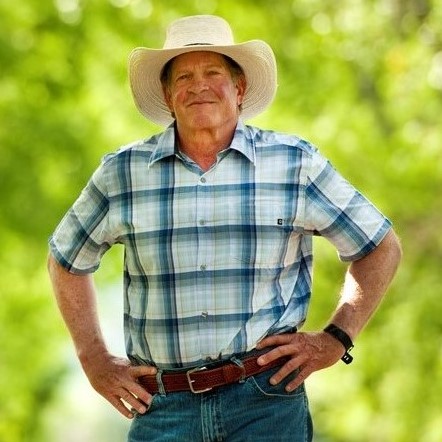
Jeff Laszlo
Jeff Laszlo, Member
Granger Ranches, MT
Jeff is a fourth-generation owner of the Granger Ranches in Montana’s Madison Valley. He lives in Montana full-time, where he manages the 13,000-acre traditional cattle ranch. Jeff’s efforts to restore a 6,000-acre wetland complex on the property earned him the Environmental Law Institute’s National Wetlands Award for Landowner Steward in 2010.
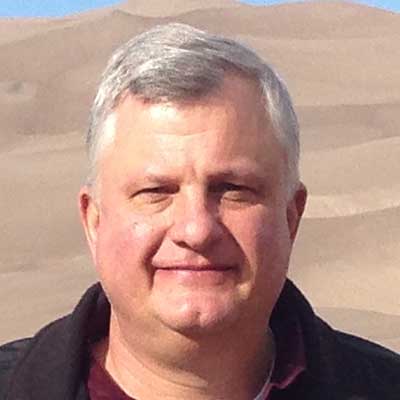
Paul Vahldiek, Jr.
Paul Vahldiek, Jr., Former Chair, Member
High Lonesome Ranch, CO
Paul R. Vahldiek, Jr. is Chairman of The High Lonesome Ranch (HLR) and President of Deep Water Cay (DWC). He received his undergraduate degree from Trinity University, San Antonio, Texas in 1977 and a J.D. from St. Mary’s University School of Law, San Antonio, Texas in 1979. He began practicing law in 1980 and in 2008 received the Distinguished Graduate Award from the St. Mary’s University School of Law.
The High Lonesome Ranch comprises approximately 300 square miles of deeded and permitted public lands (BLM), located northeast of Grand Junction, Colorado. The ranch includes lands ranging from approximately 5,000 to 9,200 feet in elevation that have been in agricultural and ranching uses since the mid 1800’s. The High Lonesome Ranch’s vision is committed to ensuring its lands, waters, and resources are healthy and productive for compatible values and uses, demonstrating how private and public lands can be stewarded in perpetuity for ethical uses and economic vitality. This effort will further and model a land ethic.
In addition, Mr. Vahldiek and HLR are actively supporting the development of the High Lonesome Institute (HLI) that is being established to: advance scientific and scholarly knowledge relevant to stewardship of resources on working landscapes in the Intermountain West. It accomplishes these purposes through intentional science, education, and outreach focused (1) on improving land and resource management decisions, and (2) on being a venue for dialogue among diverse groups seeking to find common ground on conservation and sustainable development.
In 2009, Paul and his partners purchased and focused on the refurbishment, expansion and modernization of Deep Water Cay in the Bahamas. The commitment remains to bring the same science ethic to the island and surrounding marine environment.
Additionally, Paul serves as a board member of Trout Unlimited’s Coldwater Conservation Fund, Bonefish & Tarpon Trust, Theodore Roosevelt Conversation Partnership and Wildlands Network. He is also regular member of the Boone & Crockett Club and supports The Rocky Mountain Elk Foundation and the Mule Deer Association. Paul is chairman and a founding member of the Western Landowners Alliance.
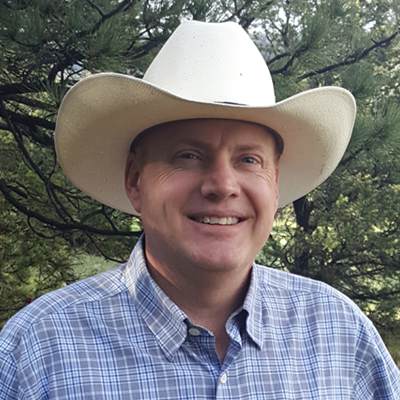
Gus Holm
Gus Holm, Member
Vermejo Park Ranch, NM
Gus Holm is the General Manager at Vermejo Park Ranch and the President of the Cimarron Watershed Alliance. Vermejo Park Ranch a 585,000 acre Ranch in northeast New Mexico encompassing 6 ecoregions from short grass prairie to alpine tundra owned by Turner Enterprises Inc. The operation encompasses fishing, hunting, nature tourism, a sustainable forestry operation, bison production, coal bed natural gas development, and endangered species restoration. Gus is responsible for managing this diverse operation and supporting the TEI mission to “To manage Turner Lands in an economically sustainable and ecologically sensitive manner while promoting the conservation of native species.” The Cimarron Watershed Alliance (CWA) is a non-profit organization dedicated to the health of our local watershed along the Cimarron River. The Cimarron Watershed Alliance (CWA) was formed in 2001 to provide local input on water quality issues in the Cimarron Watershed in northeastern New Mexico. Most recently the CWA has completed a Watershed Based Plan which incorporates 671,144 acres and 28 sixth level HUC’s, is actively working on Stream Restoration on Ponil Creek under an EPA 319 Grant, and has just started work on a Wetlands Action Plan in the Moreno Valley Headwaters of the Cimarron River. Gus graduated from Fort Lewis College with a BS in Geology in 1991. He began working at Vermejo Park Ranch in 2001 in the Natural Resources Division, which focused on managing its diverse ecosystem, and was promoted to General Manager in 2014. Gus has been active in stream restoration since 2002 when he first started attending Quivira stream workshops with Bill Zeedyk. In 2009 he began the Dave Rosgen PhD series for stream restoration and completed the classes in 2012 with River Restoration and Natural Channel Design. Currently Gus is involved with riparian restoration projects on the Vermejo River and Ponil Creek.

Becky Hatfield-Hyde
Becky Hatfield-Hyde
Klamath River Basin
Becky ranches and does natural resource consulting from family ranches in the Klamath River Basin and in the High
Desert on the edge between the Great Basin and the Columbia Plateau. She’s spent the past 25 years focused on
water/restoration issues in the Klamath Basin’s rural land-based communities, working with Tribes, NGO’s, elected
officials and the agricultural community to try to find new ground in a place with a tough history and a great deal of
conflict.
Her entry into this effort started in 1998 with the State of Oregon Alternative Dispute Resolution process, followed by
the 2006 Shilo Root talks, followed by the Klamath Basin Restoration Agreement and Klamath Hydro-settlement
Agreement (2010), followed by the signing of the Upper Basin Comprehensive Agreement (2016)—designed to
restore the tributaries above Klamath Lake
Their family ranch in Beatty has the first easement on private lands held by a Tribe (Klamath Tribes), in the nation.
Many partners came together and have come together since to support this relationship. This easement has been in
place for over 20 years, with continuous restoration work that has inspired the broader community and narrowed the
river channel by 20 feet. She was the first rancher in the Klamath Basin to support dam removal on the Klamath River
and was honored to be in the room when the first agreements were signed. She continues to work hard to restore
sucker habitat and prepare the upper basin for anadromous fish post dam removal, while fully supporting the future
for family ranches in the region.
Becky and her husband also lease and manage her family ranch, near Brothers. The family continues to do
restoration projects on the ranch which are important for many species like Sage Grouse, including having a Sage
Grouse CCAA plan on the ranch. The family continues to work with many partners to consider ways to continue
bringing health to the uplands and restore more function to the headwater meadows of Camp Creek. Her mother
founded the Country Natural Beef/Oregon Country Beef Cooperative, and they are proud to be members of this
company that supports providing healthy food to urban consumers and is part of the Regenerative Agriculture
initiative supported by Sustainable Northwest,
Becky’s husband Taylor is her best friend and an incredible partner in all the adventures listed above. They have four
grown children (Lizzie, Jack, Henry, and Levi) and one daughter left at home, Maggie in 9th grade. Becky loves her
family, working outside, gardening, reading, and working respectfully across divided lines to attempt to solve natural
resource problems.
Current Affiliations
Oregon Department of Fish and Wildlife Commission Vice Chair
Upper Klamath Basin Ag Collaborative, Special Teams
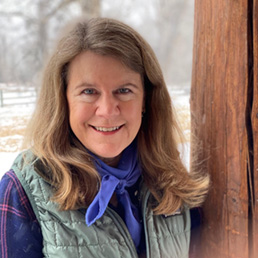
Mary Anne Dingus
Mary Anne Dingus, Vice Chair
Mary Anne and her husband Bill live in Midland, Texas and ranch in Cody, Wyoming and Hedley, Texas.
She and Bill received master’s degrees in geology from the University of Texas and then settled in Midland to work in the oil business and raise three children. Over many years of family ranching, Mary Anne has developed a passion for conservation, land stewardship, the
cattle business, and the plants, animals and people of the west. Her family received a 2021 Wyoming Game and Fish Landowner of the Year award in recognition of their stewardship of the TE Ranch.
She currently serves as Chairman of Dingus Investments, Inc. and serves on the board of the Duncan Fund. As a trustee of the Buffalo Bill Center of the West, she is involved in strategic planning and diversity, equity and inclusion initiative. She has served on many boards through the years including most recently the Wyoming Chapter of the Nature Conservancy and as co-chair of their capital campaign.
She is a certified Texas Master Naturalist working as a volunteer involved in nature awareness outreach and citizen science projects. Favorite pursuits are spending time with family, hiking, riding, skiing, backpacking and observing the natural world.
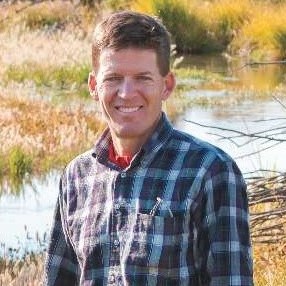
Tom Page
Tom Page, Member
Big Creek Ranch, ID
Tom lives in Central Idaho with his wife and two children. He and his brother Michael own Big Creek Ranch, a conservation-oriented cattle and hay operation in the Upper Salmon River basin. On the ranch, Tom works to restore and enhance habitat for several threatened and endangered species including Chinook salmon and greater sage-grouse, in addition to the many big and small animals that live there. He is a member of the Central Idaho Rangelands Network and the University of Idaho Rangeland Center Partner Advisory Council. Prior to his engagement in conservation ranching, Tom spent many years working in the non-profit community and the recreation industry as a guide. When he isn't talking about land management policy, Tom enjoys hunting in the mountains of Central Idaho in the fall, long trail runs and reading.
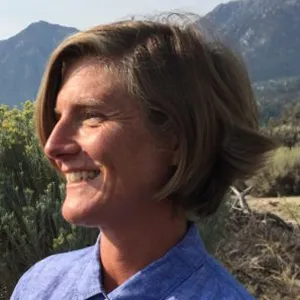
Valerie Gordon
Valerie Gordon, Member
Valerie Gordon owns and operates a family ranch in Alpine County, California. She grew up on a ranch in southeastern Arizona, where her family blended cattle and conservation together as one. After graduating from Harvard with a focus on Biological Anthropology, Valerie began her work in conservation, first on the East coast and then in California. As director of a grasslands conservation project in Merced County, Valerie worked closely with central valley ranchers to project more than 30,000 acres of wetlands and grasslands and to help facilitate the site location development of the UC Merced Campus. In addition to serving on the Rangeland Trust board of directors, she serves as a board member of an organization dedicated to the land protection, habitat restoration and sustainable resource management of the borderlands region between the Arizona and Sonora, Mexico.
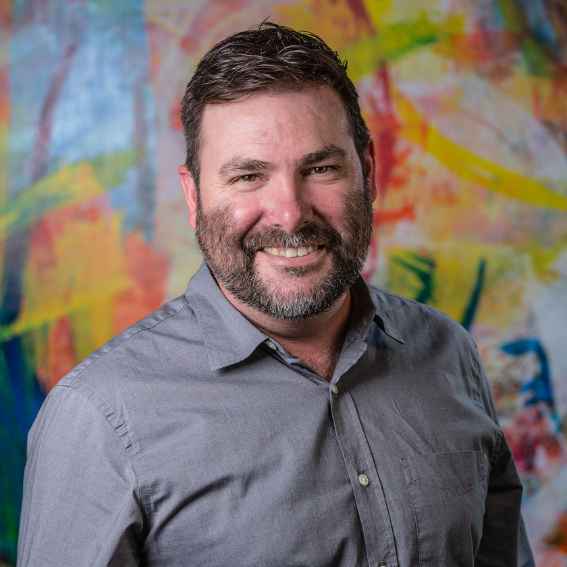
Dan Waldvogle
Dan Waldvogle
Through research, advocacy, and partnership, Dan leads strategic investments at Conscience Bay Research—the philanthropic arm of Western States Ranches—to advance two core focus areas: Climate Solutions in Agriculture and Colorado River Resilience. With a strong foundation in ranching, community organizing, and agricultural policy, he has cultivated unconventional partnerships that have shaped meaningful policy outcomes. Dan is dedicated to developing innovative solutions that protect the living landscapes, vital natural resources, and the working lands that sustain us all. He amplifies a body of work that supports market-based, data-driven solutions that push the edge of innovation while remaining grounded in practice. Outside of his professional role, Dan remains actively involved in his family’s cow-calf ranching operation at Sycamore Canyon Ranch in southeastern Arizona.
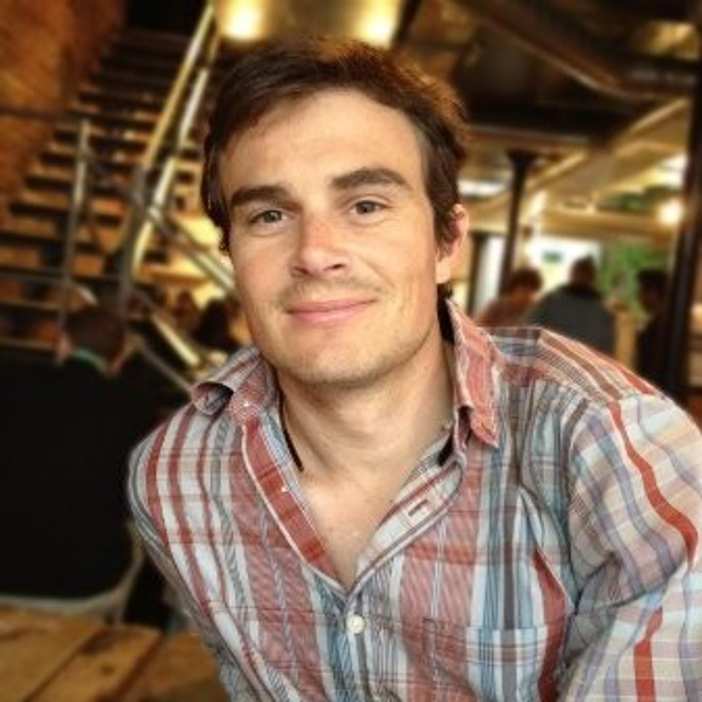
Rob Lindner
Rob Lindner, Secretary
Rob developed a passion for sustainability at an early age thanks to a family history full of food production and admiration for what nature can provide. As a researcher and project manager, he has lived and worked globally, in many collaborative groups, and with many cultures including Indigenous Peoples, fostering a better understanding of the socio-ecological systems we live in.
He honed his environmental and scientific basis at the University of Montana studying Wildlife Biology. Joining academic and government research projects, he explored conflict and trade-offs in conservation. Working for NGOs like TNC and WWF, he gained an appreciation for the power of collaboration and partnership, and the power of GIS. He developed a fascination for and expertise in monitoring and evaluation, in particular outcomes and impact, at Imperial College London. He has since been engaged in analytics and telling stories with data and visualizations, integrating information across environmental, social and financial systems into platforms with maps, charts and graphs to support comprehensive decision making.
Rob has experience in a wide range of sustainability topics including ecotourism, ranching and land management, real estate remediation and development, conservation and community development, and corporate sustainability. He has been able to put those experiences and perspectives to use to better understand project partner strengths and needs, and to provide holistic tools to represent the many dimensions that contribute to the wellbeing of relevant stakeholders.
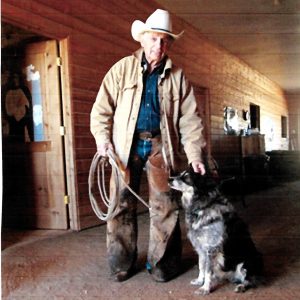
Joel Bernstein
Joel Bernstein
262 Ranches, AZ & NM
Joel Bernstein has been a tenured college professor in Native American art, a writer, bareback rider, cowboy and rancher for more than fifty years in Wyoming, Montana, Arizona and New Mexico. He has been involved with rodeos as a contestant, college coach, producer and writer. In addition he has been the president of three major western associations and twice judged the Miss Rodeo Montana pageant. He has written non-fiction books on the contemporary West and ranching and recently had a novel about the contemporary West published. He has served two elected terms on the New Mexico Veterinary Grievance Committee and was national director of "Indian Pride on the Move." He and his wife Gail run the 262 Ranch in the historic San Rafael Valley in southern Arizona and the 262 Ranch overlooking the Brazos Cliffs in northern New Mexico. They live on a smaller place just outside Santa Fe, New Mexico.
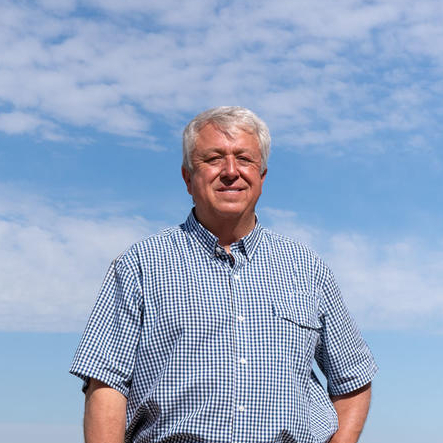
Dallas May
Dallas May, Member
Dallas May was born and raised in Colorado in a ranching and farming family.
When he was young, he started a herd of purebred Limousin cattle from one heifer calf given to him by his grandpa on his thirteenth birthday. That began a lifelong quest to protect native grassland and wildlife habitat.
Today, he sells purebred breeding stock all over the United States and Mexico, and also operates an irrigated farm operation raising alfalfa and corn. His three grown children and their spouses are actively involved in the operation.
As he was growing up, May watched most of the remaining ranches around be converted to farmland. This had a profound effect on him as wildlife habitat disappeared in order for families to find a way to survive economically. This shaped his philosophy in searching for ways in which farming, ranching and the preservation of wildlife and associated habitat could coexist.
Ranchers and farmers were basically on their own in achieving sustainability by being able to support their families and provide a dependable and affordable supply of food for the growing population, while protecting the environment that they loved and worked for. If not for ranching and ranching families, very few if any pristine native grass ranches would be in tact today. This is the reason ranchers are the ultimate conservationists.
Today is a different environment. Even though the economic pressures are still daunting there are an extraordinary number of organizations and people who are seeking to form collaborations to achieve these important goals.
Several years ago, May partnered with Colorado Cattlemen’s Agricultural Land Trust, The Conservation Fund, The Nature Conservancy, Western Landowners Alliance and several other groups to place a conservation easement on his ranch.
His desire has always been to conserve wildlife, wildlife habitat, water, property rights, working lands and ranching and farming families. This has to be done from the ground up, literally. May’s ranch strives to maintain maximum diversity from the ground up and believe that an all-natural balance is important from the tiniest lifeforms in soil to the largest species of wildlife.
May serves on several boards and committees associated with water issues to protect water rights and keep local communities viable and give them the opportunity to thrive.
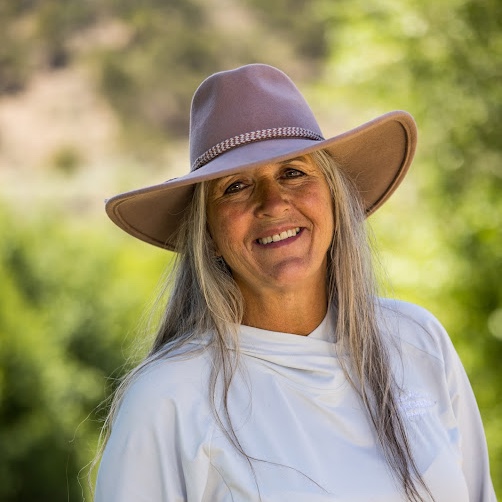
Judy Lopez
Judy Lopez, Member
As a Colorado native, Judy has a passion for its landscapes. She has designed and implemented experiential-based conservation education and private lands conservation programs for educators, students, landowners, and communities since 2000. Judy is the conservation and sustainability manager at Trinchera Ranch. In that role, she supports the natural resources and hospitality teams by highlighting the ranch’s conservation and sustainability initiatives in an educational platform for employees, community, and guests at the ranch.
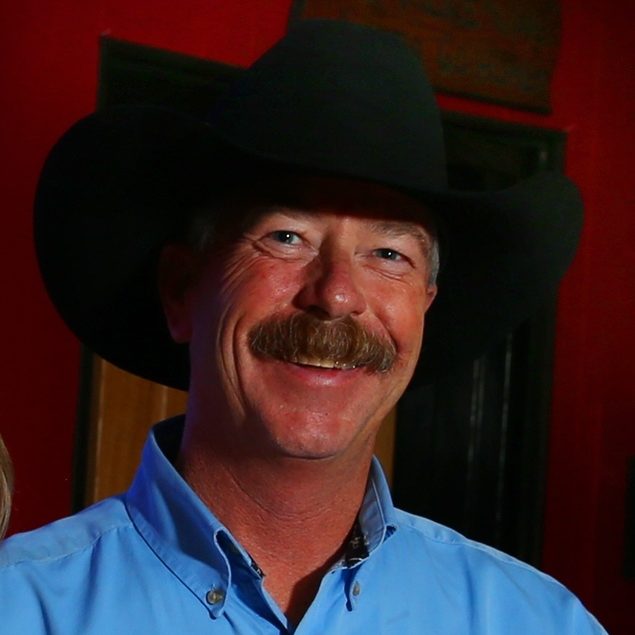
Bob Budd
Bob Budd, Member
Wyoming Wildlife and Natural Resource Trust
Bob Budd grew up in Wyoming and spent his high school and college years working on his cousins' ranch near Big Piney, Wyoming. This experience helped shape his passion for taking care of the land and his dedication to bringing people together around natural resources management. Bob is currently the Executive Director of the Wyoming Wildlife and Natural Resource Trust (WWNRT), a program established to enhance wildlife habitats and the natural resource heritage of Wyoming.
Prior to helping launch the WWNRT program, Bob managed the Red Canyon Ranch and served as Director of Land Management for The Nature Conservancy in Wyoming. In his work there, he was credited with developing and maintaining large-scale ecological process, while maintaining economic production on a working cattle ranch. Bob also spent 15 years with the Wyoming Stock Growers Association, ten as Executive Director.
Bob has an M.S. degree in Range Management and B.S. degrees in Agricultural Business and Animal Science, all from the University of Wyoming. He is also trained in Holistic Resource Management. He is a past-president of the international Society for Range Management and the Wyoming Chapter of the Wildlife Society. He has facilitated development of management plans for the Big Sandy River, Sage-grouse and Bighorn Sheep in Wyoming.
Bob and his wife Lynn live in Cheyenne and have three children - Joe, Jake and Maggie. In his spare time, you can find Bob fishing and swapping stories with family and friends.
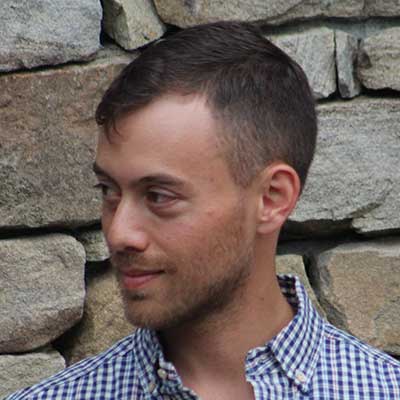
Kelly Bennett
Kelly Bennett, Member
Ponderosa Advisors and Hollowtop Ranch, CO/MT
Kelly Bennett is a Colorado native whose great grandparents ranched north of Fort Collins. He is a co-founder of Ponderosa Advisors, LLC, a boutique firm focused on applying technology and analytics to natural resource issues. The company built and operates Water Sage, a web-based mapping and research platform for water and land information.
Kelly’s family operates the Hollowtop Ranch at the base of the Tobacco Root Mountains in Pony, Montana, where they raise registered Angus, wheat, and hay. His family is committed to supporting efforts to encourage and protect private conservation and the values of the West. Kelly has a strong interest in the intersection of resource issues, preservation of large landscapes, and private property. He holds a BS in Diplomacy and World Affairs from Occidental College.
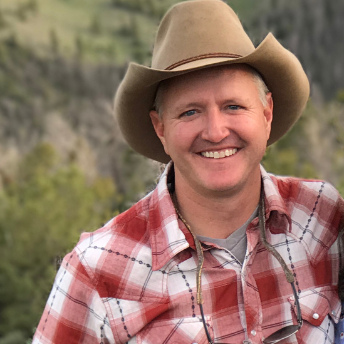
Justin Howe
Justin Howe, Member
Justin is President of the Gates Family Ranches (GFR), a family-owned cattle,hospitality, and conservation ranch on the Colorado/Wyoming border. Along with hiswife, Lissa, he has co-managed the A Bar A Guest Ranch since 2008. He is the secondgeneration of his family in that role. The GFR have been owned by the Gates Family of Denver since the 1960s.
Justin’s work focuses on protecting working lands, educating Ranch visitors and staff, supporting on-the-ground conservation projects, and building partnerships to enhance
enduring business operations and sustainable natural resource management.
Prior to returning to the Ranches, Justin worked in water education throughout the Colorado River Watershed on both sides of the US/Mexico border. He also developed water resources curriculum in Latin America with Project WET, the Mexican Institute of Water Technology, and UNESCO, among others. Justin holds a BA in anthropology and spent time living with the Shuar tribe in eastern Ecuador. He has an MBA from the University of Wyoming.
The Gates Family Ranches were selected as 2018 Landowner of the Year by Wyoming Game and Fish and received the 2023 Environmental Stewardship Award from the Wyoming Stockgrowers Association. They were also featured in the 2024 documentary film “Under the Wire,” which shares the work the Ranches and its partners have undertaken to study and protect pronghorn migration corridors.
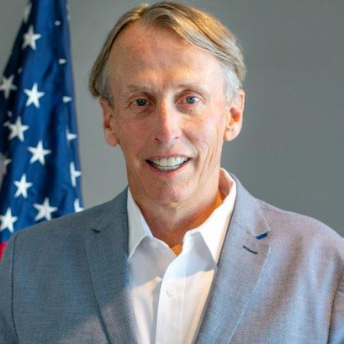
Christopher Robinson
Christopher Robinson, Member
Ensign Ranches, UT, ID, WY
Christopher Robinson is the CEO and co-owner of The Ensign Group, L.C., which owns,operates, and/or manages over one million acres of private and public lands located in Utah, Idaho, and Wyoming under the Ensign Ranches name. He has extensive experience in production agriculture, local government, mineral and resource development, public lands,
renewable energy, environmental/wildlife/conservation values, water resources, and real estate investment/development. He is an elected member of the Summit County Council (2009 through present), a Trustee and currently Chair of The Nature Conservancy of Utah (1990 to present), a Board Member of Western Resource Advocates (2022 through present), a Board Member and currently Chair of the Utah Local Governments Trust (2015 to present), a Trustee of the Weber Basin Water Conservancy District (2022 through present), a Commissioner and currently Secretary/Treasurer of the Central Wasatch Commission (2018 to present), and a Member of and currently Co-Chair of Northern Advisory Council of the Colorado River Authority of Utah(2022 through present).
He is married to Rochelle Allen Robinson, and they are the parents of four married children. He received Honors B.A. in Accountancy from the University of Utah (1986). He resides in Park City, Utah and enjoys outdoor recreation, fitness, and reading history and Spanish literature.
Board Members Emeriti
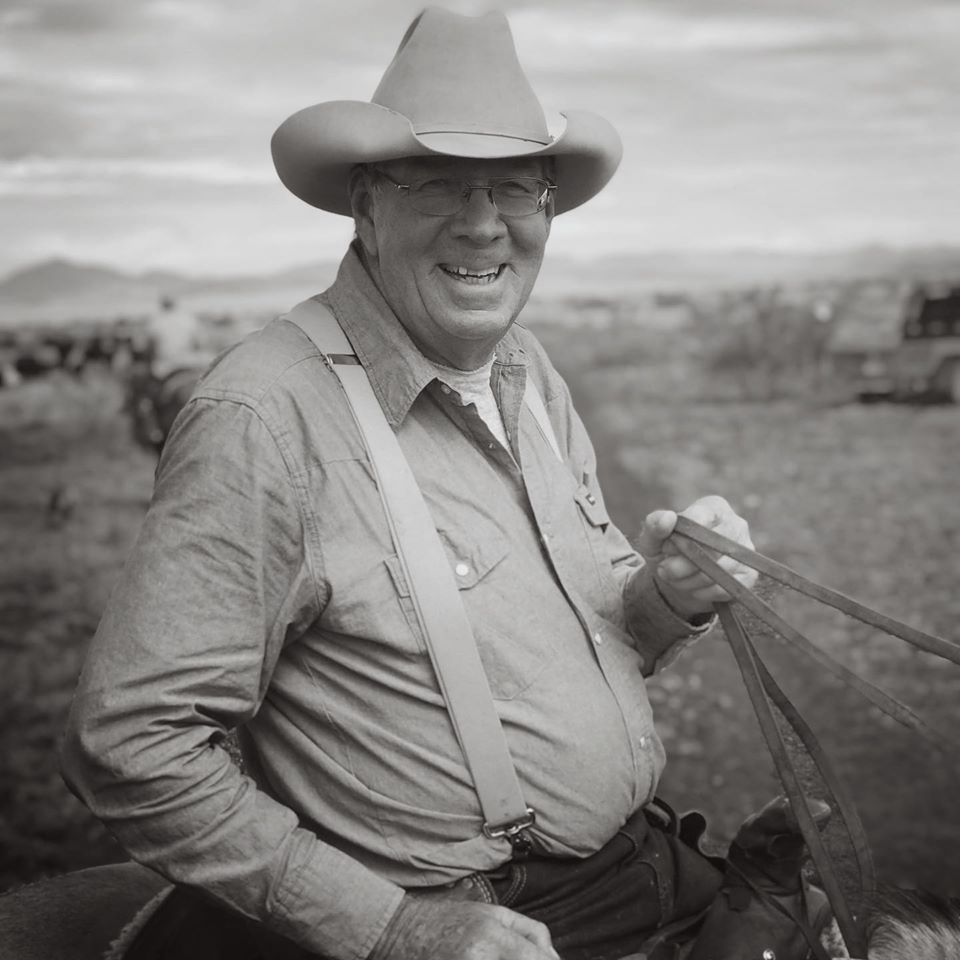
Bill McDonald
Bill McDonald, Board member emeritus
Bill McDonald is the fifth generation on his family’s 105-year old Sycamore Ranch in far southeastern Arizona. He is a Past-President of the Cochise-Graham Cattle Growers, and past Director of the Arizona Cattle Growers. He was for 25 years on the Board of Supervisors of the Whitewater Draw Natural Resource Conservation District. He is a co-founder and former Executive Director and Chairman of the Malpai Borderlands Group. Bill was one of the original founding board members of Western Landowners Alliance.
Bill’s awards and recognitions include:
• MacArthur Foundation Fellowship
• Arizona Game and Fish Commission Wildlife Habitat Stewardship Award
• Arizona Association of Conservation Districts Outstanding Supervisor Award
• Quivira Coalition Award for Leadership in the Radical Center
• Beef Today Magazine Conservationist of the Year
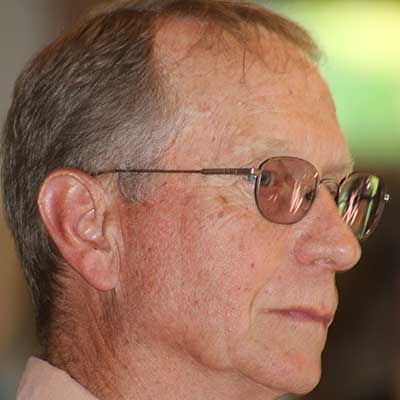
Craig Taggart
Craig Taggart, Board member emeritus
Craig moved to Colorado in 1978 where he pursued a 25-year career in land management consulting, including three years with the BLM, and the last 10 years in private land management. He was the Environmental Manager for the Trinchera and Tercio Ranches in southern Colorado. At the 175,000 acres Trinchera Ranch, he developed an environmentally sound Coal Bed Methane project. The resulting 41-well field has won wide acclaim as being state-of-the-art in its sensitivity to the significant environmental values present there. Craig was a dedicated multi-term board member of WLA before his retirement, and tirelessly worked to share WLA with the world.
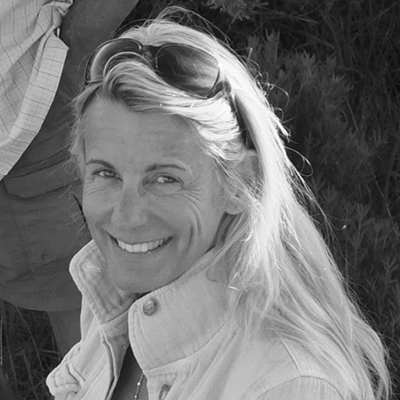
Mary Conover
Mary Conover, Board member emeritus
Mary Conover is one of the original founding members of Western Landowners Alliance and served as the first Treasurer, and provided significant early support to help us staff up when few others would take the risk on a start-up. She served several terms and we are the better for her quiet, wise counsel. She owns and operates Mountain Island Ranch in Utah and Colorado, which she took over from her mother, and will pass to her son. She and the family that manage the cattle and hunting operations work hard to conserve the wildlife and habitat while producing quality organic beef and hay. Mountain Island Ranch is all under conservation easement (amongst the first in Colorado), has one of the first Candidate Conservation Agreement with Assurances for Gunnison sage grouse, and participates in the Ranching for Wildlife program. Aside from ranch life, she has been a professional photographer, editor and artist, floatplane pilot, restaurateur, and sat on the boards of numerous non-profits.
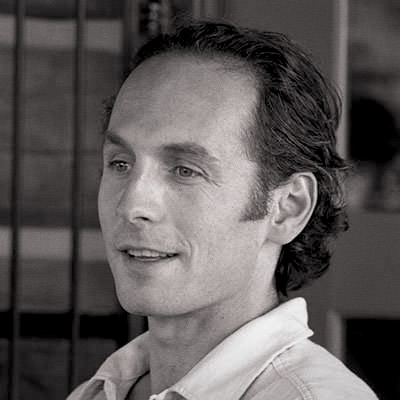
Kenyon Fields
Kenyon Fields
Mountain Island Ranch, CO/UT
Kenyon Fields is one of the main founders of the Western Landowners Alliance (WLA), and served as the executive director for its first year (2013). His background is in conservation biology and landscape scale conservation planning. It is this background that led him to convene the first meetings of what later became the WLA, as he and fellow conservation biologists realized the critical role that landowners can play in keeping the West whole.
Having focused for several years on the need for wildlife corridors and landscape management that thinks far beyond individual property lines, he asked conservation-minded landowners from around the West to consider working together to share knowledge and influence other land managers (public and private).
The resultant collaboration brought together science, policy, human needs, and produced a shared vision of private landowners working collectively to conserve the rich natural values of the West while sustaining their businesses and thus communities. The Western Landowners Alliance was born.
Prior to getting involved in Intermountain West private lands issues, Kenyon spent most of his life working on national forest management. He worked for many years in Alaska for the U.S. Forest Service, an Alaska Native organization, and as executive director of Sitka Conservation Society. He has an undergraduate degree in the natural history and ethnography of the Northwest coast, and received two graduate degrees in systems dynamics applied to ecology.
Kenyon helps his wife Mary manage her large organic cattle and hay ranch in Utah and Colorado, and is an avid mountain climber, biker, kayaker, and musician.
“Conservation will ultimately boil down to rewarding the private landowner who conserves the public interest.”
- Aldo Leopold
Join WLA to stay up to date on the most important news and policy for land stewards.
Become a member for free today and we will send you the news and policy developments critical to the economic and ecological health of working lands.
Join the Alliance
WLA works on behalf of landowners and practitioners throughout the West. We will never share your contact information with anyone.